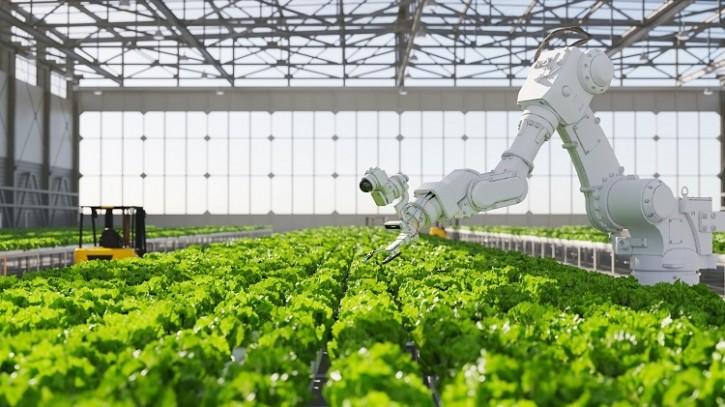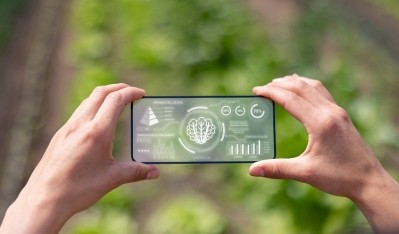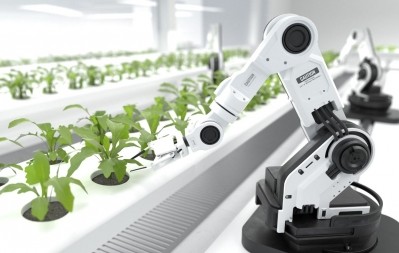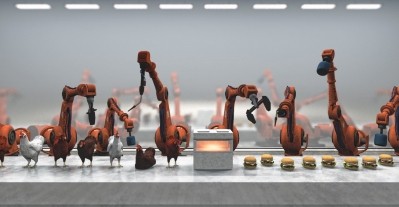What are the barriers to innovation in food and beverage?

Innovation in food and drink manufacture is plummeting after a decade-long investment slump.
“Declining innovation has happened across all CPG industries, but food and drink has been one of the worst offenders,” Mintel senior director of food and drink Jonny Forsyth told FoodNavigator.
While investment is currently waning, many in the industry are pushing for growth and are backing fledgling businesses. So what is this new wave of investment and how is it going to help the sector continue to innovate?
How is food and beverage innovating when investment is declining?
The start-up sector has long been a source of creativity and ingenuity in the food and beverage industry. And now, more than ever, its proving its power to innovate.
“Startups are uniquely positioned to push boundaries in the way we produce, manufacture, trade, and consume food,” says Antonio L. Escárzaga of start-up publication, EU-Startups.
And while start-ups face significant challenges in getting their brand off the ground, they also have huge opportunities, which could put them ahead of their larger competitors. In particular, technology is playing a major role in helping to boost the capabilities and profiles of smaller businesses.
“The rapid emergence of artificial intelligence (AI) and ecommerce could be a factor here,” explains Mintel’s Forsyth. “Both lower the barriers to entry for smaller, direct-to-consumer brands, who can build their brand equity and sales online, develop a detailed understanding of their consumer, before pivoting into physical retail where they have a greater chance of success.”
In fact, the emergence of AI could help to redress the power balance between smaller and larger organisations, and strengthen innovation.
“AI means that being smaller is potentially less of a disadvantage because algorithms can help augment innovation, create marketing campaigns, develop consumer insights and support customer service,” adds Forsyth.
However, while this is good news for food and beverage start-ups, the industry as a whole is facing some major challenges in its attempts to innovate for the future.

What are the challenges preventing innovation in food and beverage?
The food and beverage industry faces multiple challenges when it comes to creating a new product. Innovation isn't easy and the sector has many regulatory hoops to jump through in getting a product out of the development stage and onto the market.
“One of the biggest questions that food tech companies ask is, what is the state of regulation and where is it going?” Matthieu Vincent, partner at food tech consultancy, Digital Food Lab, told FoodNavigator.
This is particularly important for companies looking to sell their products in different countries.
Another major challenge for food and beverage manufacturers, looking to innovate for the future, is the need to be confident in a product, or piece of technologies' success. This is particularly important for start-ups and smaller companies, which don’t have the security of an established brand portfolio, which provides financial and reputational .
“Companies need to determine measurable value,” explains Vincent. “For start-ups, there are restrictions on spending. That’s really the biggest challenge.”
One final challenge food and beverage manufacturers, large and small, are facing is the lack of face-to-face contact with potential investors, which has continued beyond the global pandemic.
“We stopped going to events for a couple of years,” says Vincent.
This removed the opportunity for brands to showcase their innovations and encourage investment.
“There is a need to meet,” says Vincent. “These kinds of events are really beneficial to food tech companies.”
When will the food and beverage industry return to innovation?
There’s evidence to suggest that investment in innovation in the food and beverage industry has been declining since 2009 and remains on a downwards trajectory.
“Investment is still declining,” says Vincent. “And we expect that to at least keep going until the end of the year.”
However, there are expectations that the industry will begin to see a change at the beginning of the new year.
“We expect some kind of bounce back by early- or mid-2025,” says Vincent.
And industry experts share in the view that investment in the food and beverage industry will return.
“I do believe innovation will bounce back,” Jack A Bobo, director of the Food Systems Institute at the University of Nottingham, told FoodNavigator. “The food and beverage industry has always been adaptable, and as consumer demands continue to evolve - especially around health, sustainability, and convenience - companies will need to innovate to stay relevant. As economic conditions improve and new technologies emerge, we’re likely to see a resurgence in innovative ideas.”
This will come as welcome news for the industry, boosting confidence in a sector, which is struggling with under-investment.
What help is available to companies in developing food tech?
Launching a food and drink business is tough and many fail, but peer advice is rampant in the market.
There's also support available to larger companies, which are looking to invest in new food and beverage technology. Consultancy firms, specialising in the food tech sector, are there to offer advise on all aspects of innovation.
“Our job is to help companies understand what's happening in terms of long-term innovation trends and see how they can benefit from the innovation ecosystem,” says Digital Food Lab's Vincent.
Future Food-Tech 2024
Matthieu Vincent, founder of food tech consultancy firm, Digital Food Lab, will be speaking at the upcoming Future Food-Tech event, in London, on 2-3 October.
Discover the full event agenda and get your tickets here.
Vincent will be hosting a roundtable discussion on European and global food tech investments in 2024.






















